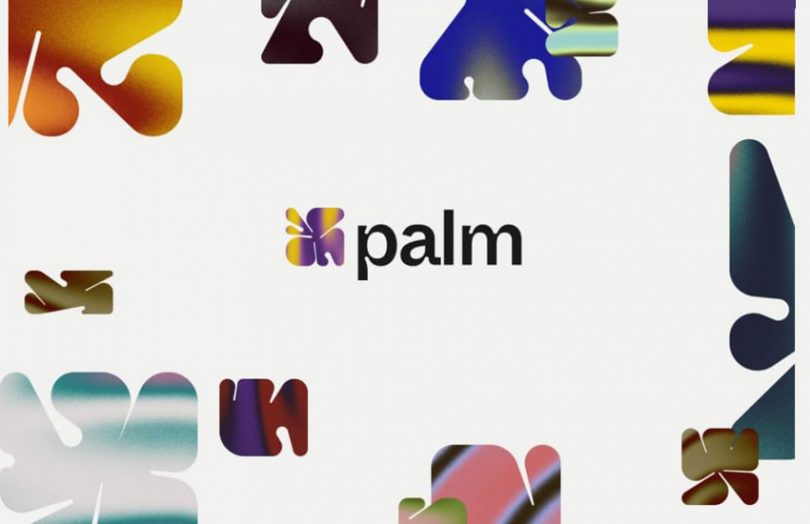Yesterday Palm NFT Studio announced a $27 million Series B funding led by Microsoft’s M12 venture fund. Other investors include Warner Brothers, SK Inc, Griffin Gaming Partners, RRE, Third Kind Venture Capital, Sfermion, the LAO, and others. Microsoft’s interest in Palm is analyzed later, but first, let’s explore the startup.
Palm has had several high profile clients. Its first partner was Damien Hirst’s The Currency Project. Another client is Candy Digital, majority-owned by Fanatics and owner of NFT rights for MLB. Recently Palm ran a mass Batman NFT reward drop for DC Comics, a Warner Brothers subsidiary.
Palm NFT Studio is a technology suite to enable large scale NFT drops. It co-founded the Palm network, which operates as a sidechain on Ethereum to ensure lower transaction fees for minting NFTs. Because the Palm network is a permissioned blockchain, it’s also more energy efficient than the main Ethereum network.
The startup was co-founded by the HENI Group, HeyDay Films, ConsenSys CEO Joe Lubin and Palm’s CEO Daniel Heyman, who previously headed ConsenSys’ PegaSys. The latter is the Ethereum enterprise blockchain protocol that also underpins the Palm network. The open source version of the protocol is Hyperledger Besu.
Before exploring Microsoft’s motivations, one final relevant point is Heyman’s strong belief in NFTs as rewards rather than primarily as an investment.
“Within three years, most NFTs will be given away for free,” said Heyman. “We will see a shift away from NFTs as exclusive collectibles toward mass community engagement and Palm NFT Studio is leading that evolution. We envision programs that mint millions of NFTs with utility; social objects that connect communities, drive engagement and reward true fans.” That’s a sentiment he stated back in June during a Ledger Insights interview.
Analyzing Microsoft’s motivations
Turning to Microsoft, Palm is very closely associated with ConsenSys, which has a longstanding relationship with Microsoft. The tech giant may have multiple investment motivations, but the two likely ones are rewards and identity, with hosting as a third.
The relationship
When Microsoft said it planned to discontinue support of Quorum hosting, it directed customers to ConsenSys. The companies have worked together for years at the Enterprise Ethereum Alliance and on initiatives such as the Baseline Protocol, which aims to make the public Ethereum blockchain more palatable for enterprises.
An interest in NFT & rewards
Microsoft was early to blockchain. It was the first of the big cloud firms to offer hosting for public Ethereum nodes. In 2019 it started offering collectible NFTs, Azure Heroes, as rewards for the Azure community. The venture division M12 also has another big blockchain investment in Bakkt. What’s Bakkt’s unique offering? As a wallet where consumers store all digital assets, but rewards in particular. Bakkt spent $261 million acquiring loyalty technology firm Bridge2.
Apart from rewards, Microsoft has unveiled Mesh its metaverse intiative.
Microsoft’s big identity plans
The tech giant publicly unveiled its decentralized identity framework ION in 2019, another project where it collaborated with ConsenSys. Microsoft already has a big footprint in identity with Azure Active Directory (AD). But with ION, it’s likely to get bigger. In October, Microsoft launched Azure AD Verifiable Credentials.
While to date blockchain has been psuedonymous, increasingly, there are pressures to add identity. And if a big name like Microsoft is ahead of the pack, what better way to get traction than mass NFT drops.
So a Microsoft investment in Palm links two themes for the tech giant, rewards and identity.
Some have asked what’s the next big thing after DeFi and NFTs. Given that regulators are moving towards improving identity, could that be it? Block (formerly Square) is making a big push in identity, and Microsoft ION’s project lead has joined the company. Yesterday’s acquisition of Evernym by anti-virus firm Avast reinforces that view.






